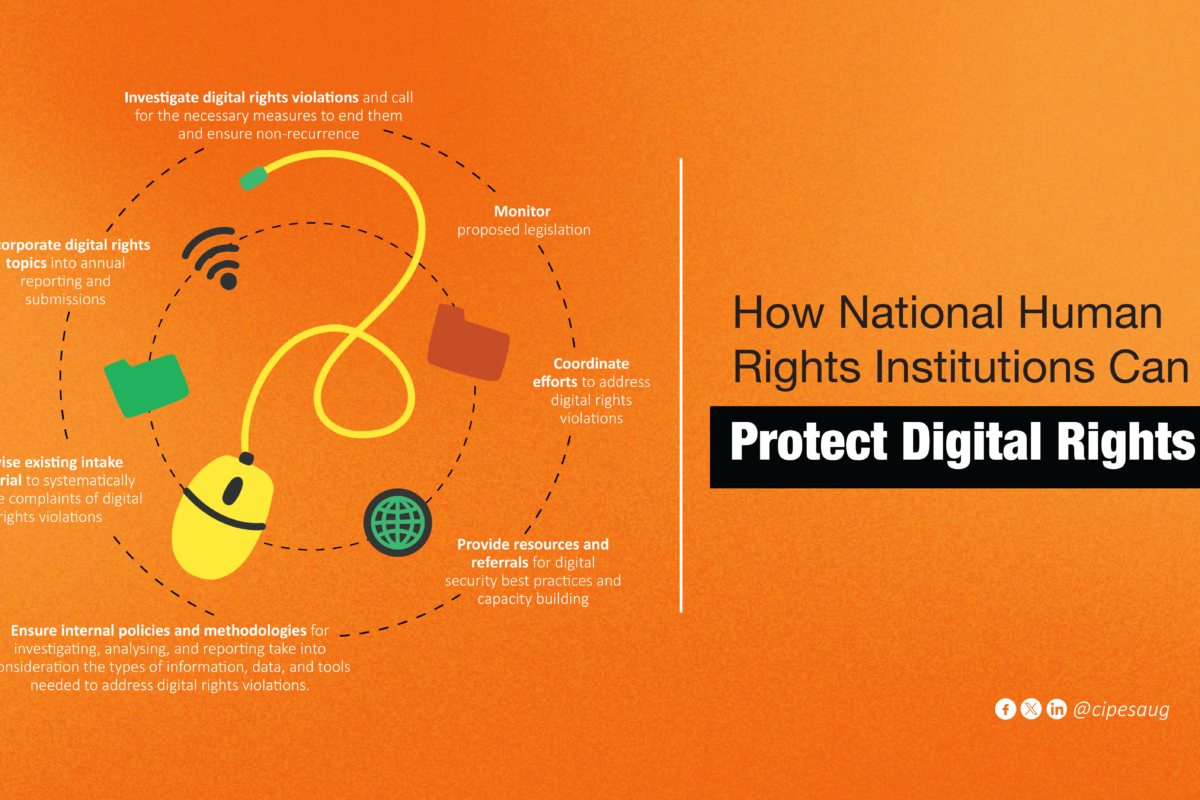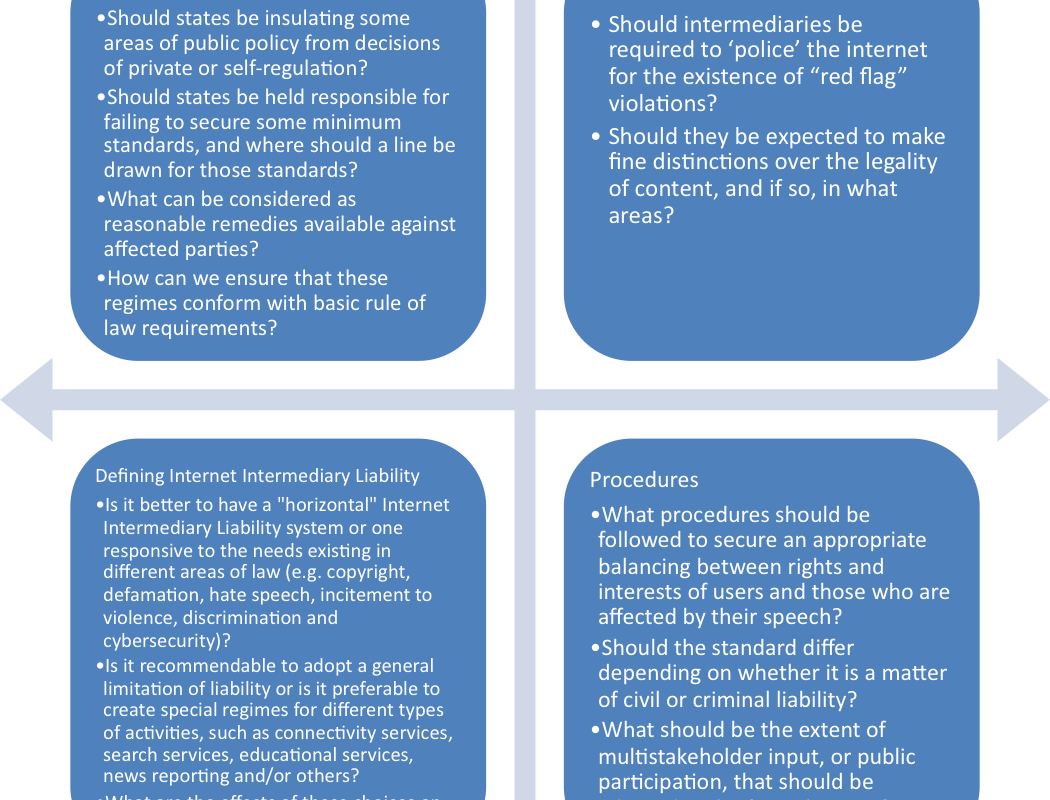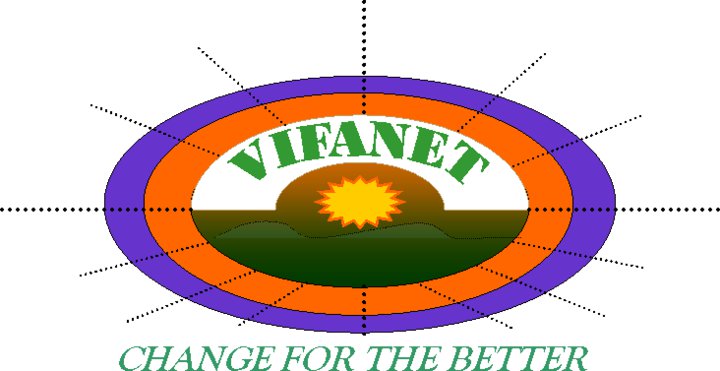Edrine Wanyama |
In an increasingly digital world, safeguarding human rights requires innovative tools, robust mechanisms, and strategic collaboration. Recognising this need, the International Center for Not-for-Profit Law (ICNL), the Collaboration on International ICT Policy for East and Southern Africa (CIPESA), and Paradigm Initiative (PIN) have developed a groundbreaking Toolkit to strengthen the ability of National Human Rights Institutions (NHRIs) in Africa to protect and promote human rights in the digital era.
While emphasising the role of NHRIs in both promoting and protecting these rights, the Toolkit demystifies digital rights by providing their relationship with the traditionally known rights and demonstrating how digital rights violations can occur.
The digital transformation sweeping across the globe has created new opportunities for citizens to communicate, express themselves, and claim their various rights. However, it has also ushered in unprecedented challenges, including online censorship, surveillance, misinformation, and violations of privacy. These digital threats disproportionately affect marginalised communities, activists, and human rights defenders, making the role of NHRIs more critical than ever.
The Toolkit equips NHRIs with the knowledge, tools, and strategies they need to effectively address these challenges. It emphasises the intersection of human rights with digital technologies and provides actionable insights to promote accountability, transparency, and inclusivity in digital governance.
The Toolkit highlights the various forms of digital rights violations such as internet shutdowns, throttling, and blocking; content restrictions including filtering and takedown orders, onerous obligations on intermediaries, restrictive content moderation policies, and the widespread and unchecked digital surveillance.
Among the roles that NHRIs should play are providing technical advice to government ministries, legislators, the judiciary, and other stakeholders to shape progressive laws, designing digital literacy curricula, and capacity and awareness building of the relevant institutions and stakeholders. Others are research on the impact of digital technologies, application of regional and international human rights approaches, and oversight over public sector procurement of digital technologies.
How NHRIs Can Protect Digital Rights
In the context of digital rights, NHRIs may:
- Monitor proposed legislation with respect to its impact on digital rights and submit recommendations on how to ensure human rights compliance.
- Incorporate digital rights topics, such as online privacy rights violations and incidents of government ordered network disruptions, into annual reporting and submissions to UN mandate holders and the Universal Periodic Review (UPR) and other regional and international human rights monitoring processes.
- Connect with domestic and regional digital rights organisations to coordinate efforts to address digital rights violations.
- Revise existing intake material to systematically receive complaints of digital rights violations
- Ensure internal policies and methodologies for investigating, analysing, and reporting take into consideration the types of information, data, and tools needed to address digital rights violations
- When supporting complainants and victims, provide resources and referrals for digital security best practices and capacity building so they can better protect themselves as they seek redress
- Investigate digital rights violations and call for the necessary measures to end them and ensure non-recurrence.
The Toolkit also underscores the need for NHRIs to build their internal capacities to report and respond to digital rights violations, reporting and monitoring the implementation of laws, coordinating digital rights issues with regional and international institutions, and investigating digital rights violations to ensure that violations stop and justice is served.
The Toolkit is an important resource that can be utilised to equip various stakeholders with knowledge to respond to emerging digital rights challenges and to identify viable solutions, such as monitoring, documenting and reporting, to enhance the promotion and protection of digital rights. As such, it could go a long way in helping to address common digital rights violations and leveraging resources and partnerships for the protection and promotion of digital rights in Africa.





